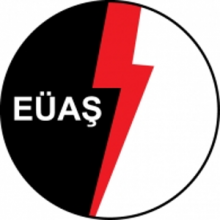Objectives

ECHOES pursues four strategic objectives:
- Creating understanding: ECHOES develops a new paradigm for energy-related behavioural research through the introduction of energy collectives as a bridge between different perspectives and disciplines.
- Tackling cross-cutting issues through multi-disciplinary expertise: The ECHOES approach ties the disciplines of psychology, sociology, political science, social statistics and economics together, to comprehensively foster understanding of the cross-cutting issues related to socioeconomic, gender, sociocultural, and socio-political aspects of the energy transition.
- Elaboration of policy recommendations: ECHOES aims at providing theoretically sound and empirically supported recommendations to policy makers about how to best design energy policies and programmes to achieve high impact, and how to increase their acceptance among the European citizens.
- Making impact: An important success indicator of the ECHOES project is the impact it actually has on European, national, and regional policy making, the design of programmes and measures, and the public perception thereof.
More specifically, the four main objectives of ECHOES will be achieved through a dedicated research agenda consecutively addressing:
(1) identification and quantification of the driving factors behind energy choices and behaviour on all levels (micro, meso, and macro) and by synergistically analysing the individual and collective mechanisms,
(2) an in-depth analysis of the paradigm shift from pure energy consumers to prosumers, and the respective role of cultures, markets, and policy,
(3) the investigation of the current role and future potentials of governance frameworks for energy transition on the European and national level,
(4) thereby removing the comprehensively derived knowledge gaps in the social science discipline for the support of more effective policy making, and
(5) the provision of profound advice and recommendations for the development of impact-maximising energy policies to further the Energy Union.
















